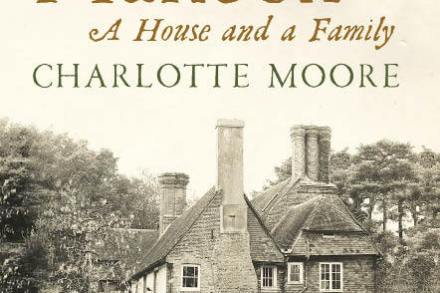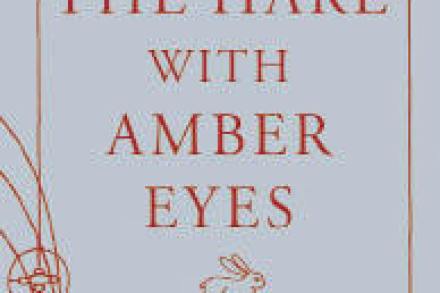Kin, but less than kind
About 100 years ago two brothers settled in the same small English town and raised 12 children. Charles Greene was a scholar, destined for the Bar, who blundered into schoolmastering while eating his dinners at the Inner Temple and later became headmaster of Berkhamsted School. His younger brother, Edward (known as ‘Eppy’), declined to go to university and blundered into the coffee trade in Brazil. Having made a fortune, he returned to England and bought a large house in the same town. Shades of Greene is the story of those two families and of what happened to eight of the more interesting children. They included the novelist Graham Greene, whose




















